Recently, the ROMEO team took a trip to ARTIS Amsterdam Royal Zoo, but this wasn’t your average zoo day. We went on a gay safari of sorts, exploring how animals express sexuality, identity, and connection. So, is queerness part of nature?
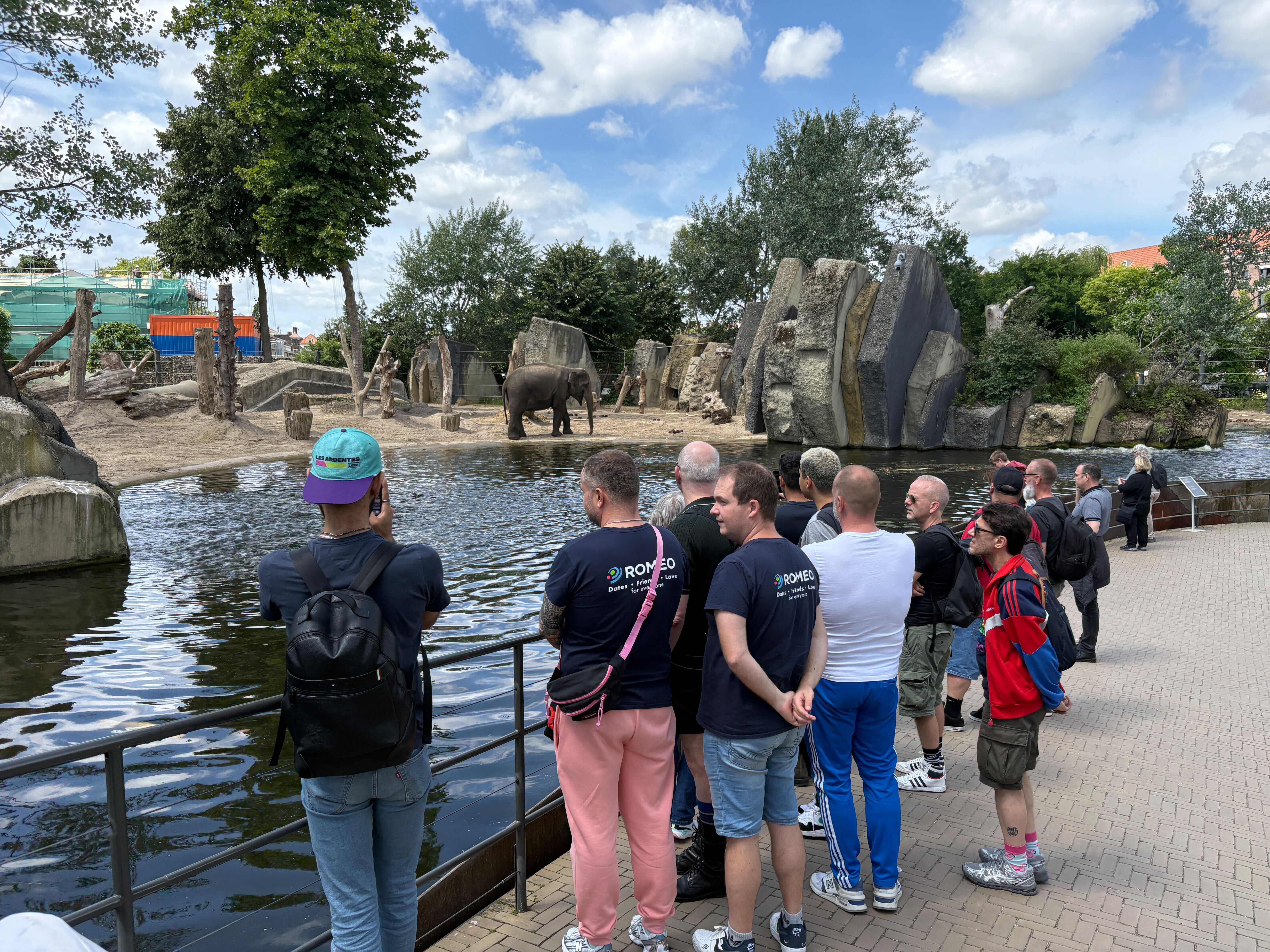
Not just a yes, it’s a big, fabulous, of course it is. Animals don’t stress over labels. They follow their instincts, form bonds, and live authentically, just like we should. Let’s shine a light on something just as fabulous: queerness in the animal kingdom.
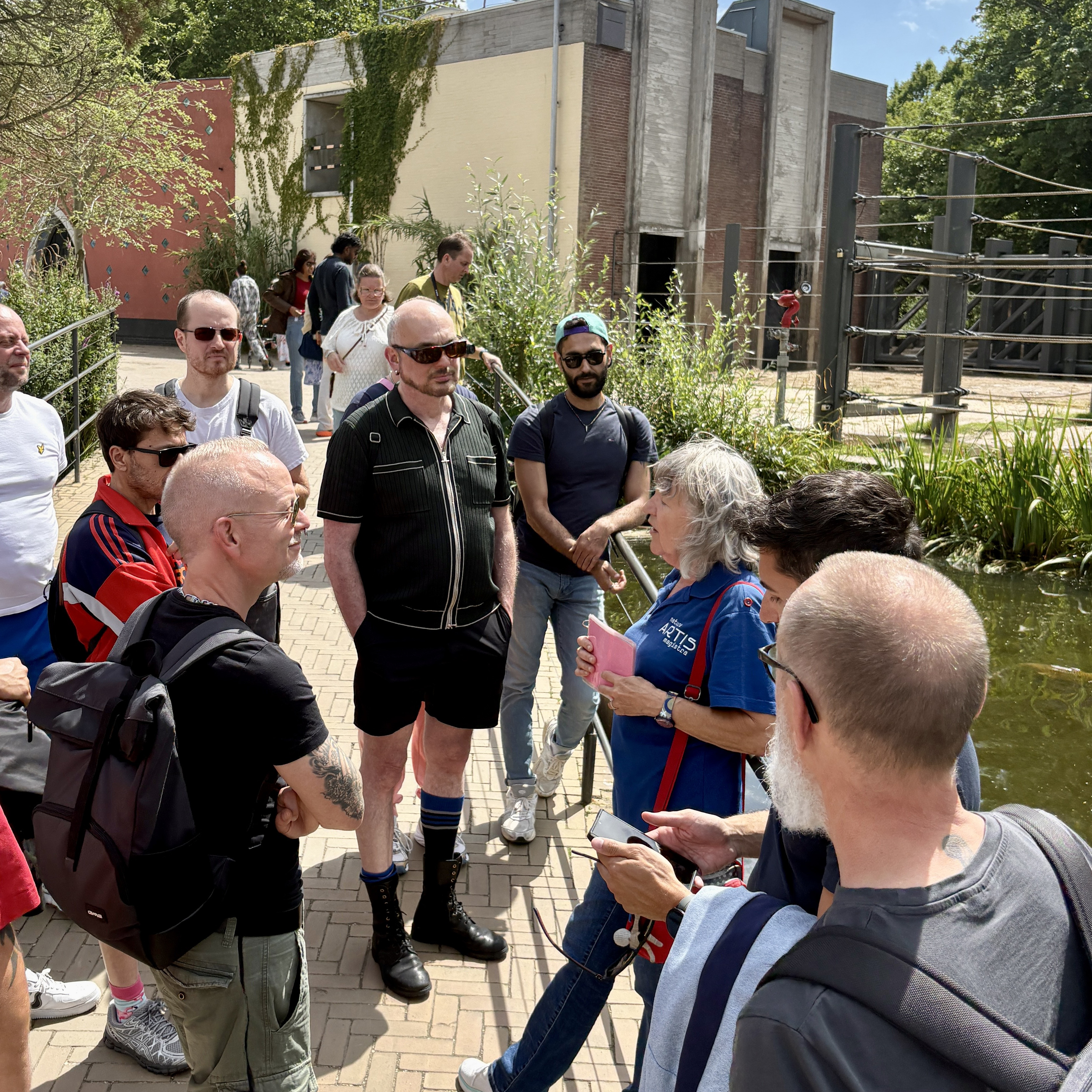
Our guide for the day, Monike van Vliet, put it beautifully:
“When you really look at the animal kingdom, you see that diversity in sex, gender, and relationships is the rule — not the exception. Nature doesn’t do ‘normal.’ It does what works.” Monike van Vliet, ARTIS-guide for visitors
🦒 Giraffes: 17 Out of 18 Times… It’s Gay
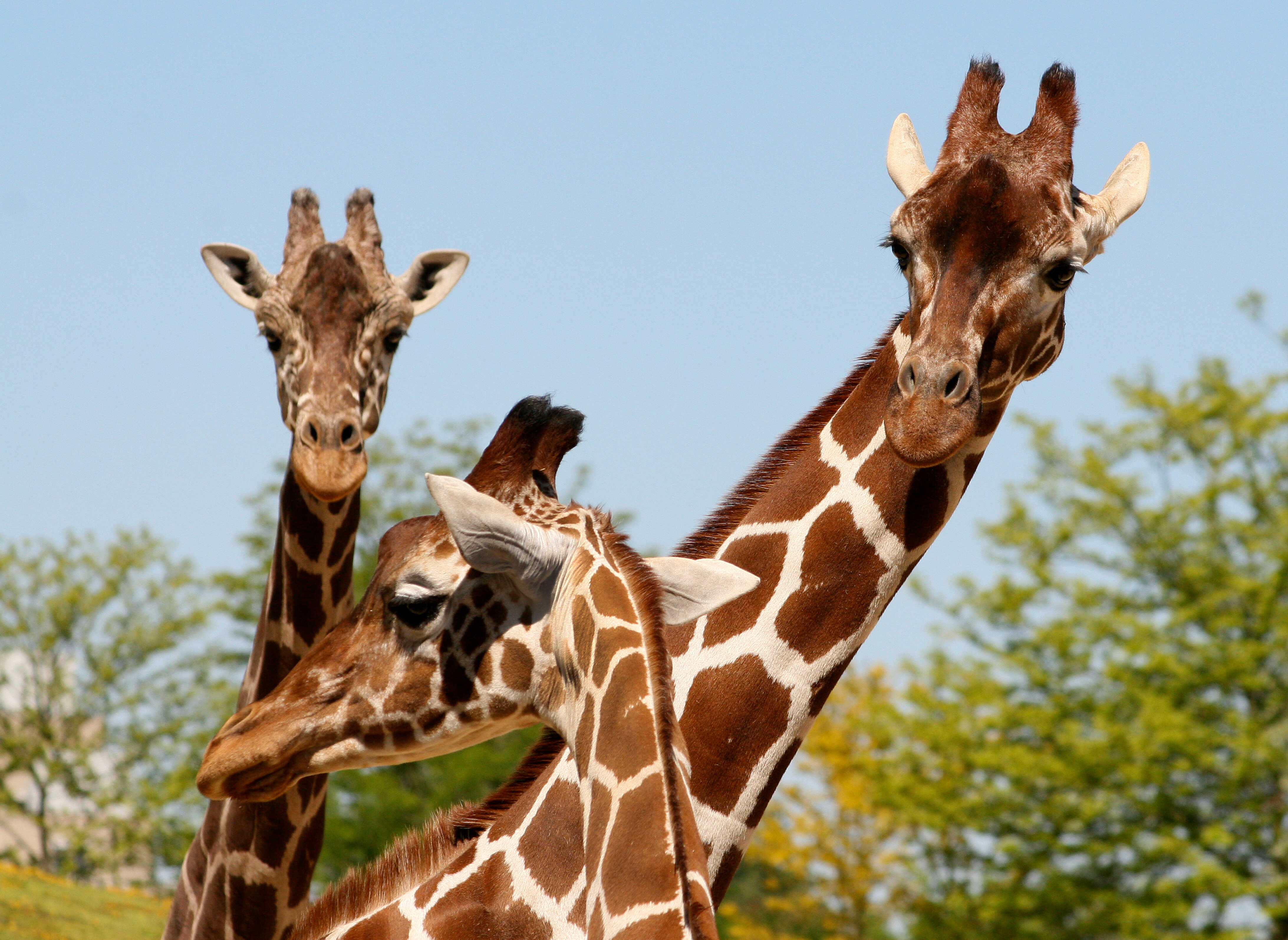
Giraffes at ARTIS. © Ronald van Weeren
Giraffes might be graceful, but they sure aren’t shy. Studies show that a whopping 17 out of 18 sexual interactions are between males. That includes mounting, necking, and affectionate bonding that lasts for days.
🐘 Elephants & 🦁 Lions: Boys Will Be… Lovers?
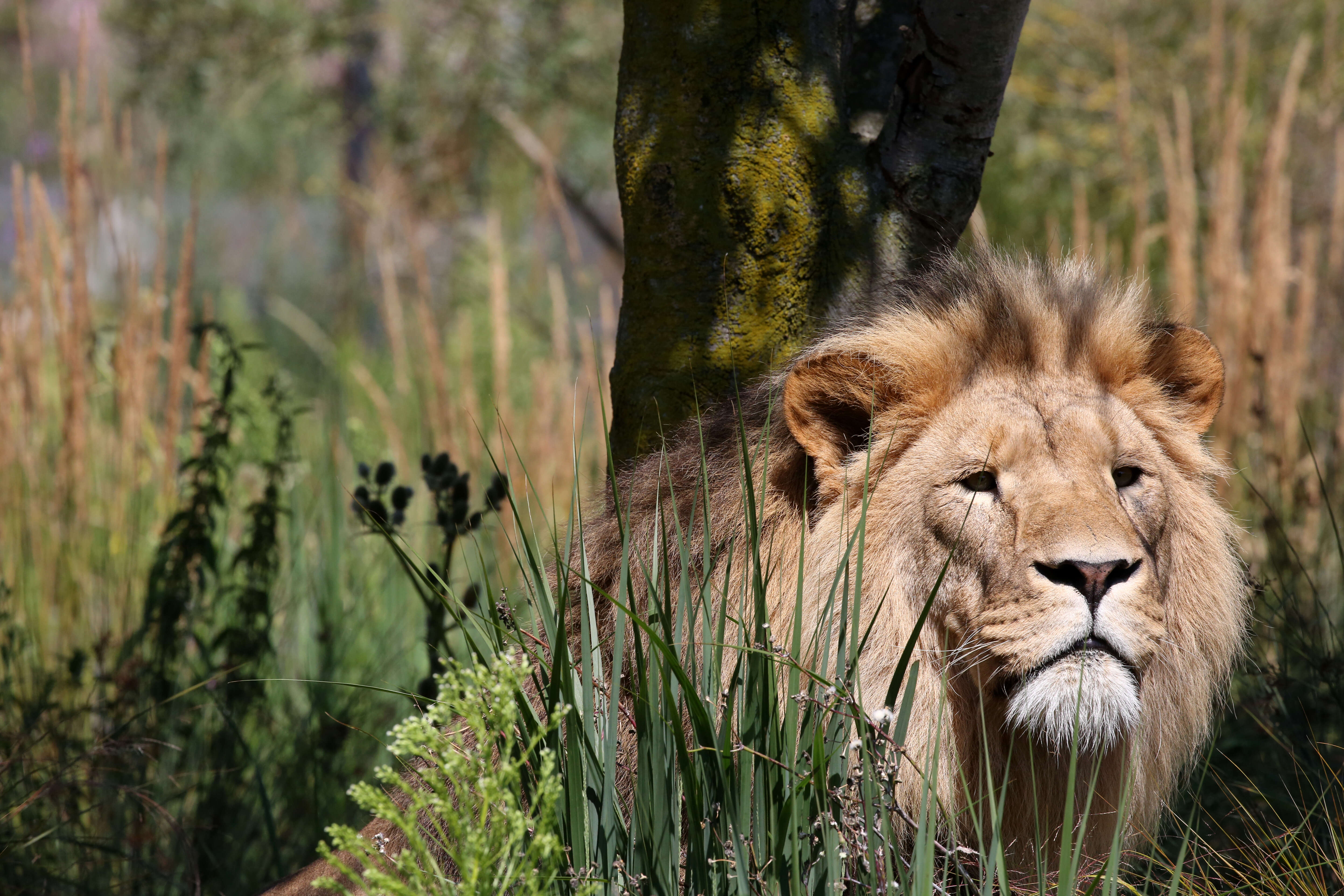
Male lion close. © Ronald van Weeren, ARTIS
Once male elephants and lions hit puberty, the ladies kick them out of the group. The result? All-male bachelor herds where friendships, and more-than-friendships, blossom. These boys bond hard, get frisky, and show us that queerness thrives even in the most macho of species.
🐧 Penguins: Dads, Throuples & Egg Heists
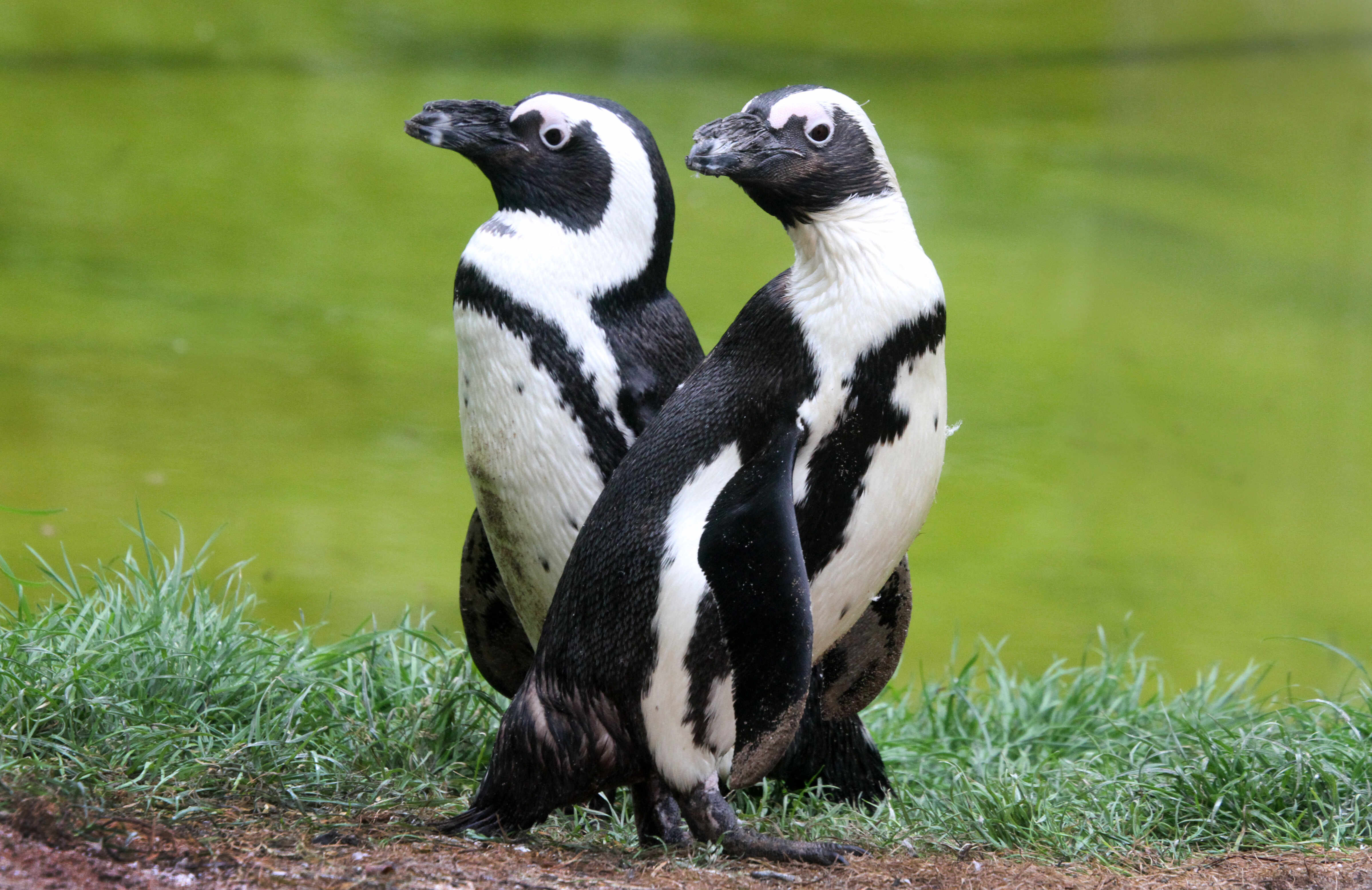
African penguin couple. © Ronald van Weeren, ARTIS
Artis is home to some of the zoo’s most beloved rainbow icons: the penguins. One male couple made headlines by stealing an egg to start a family. Another trio, two females and a male, formed a rare penguin throuple. The first egg didn’t make it (teamwork is hard), but the second? Successfully hatched through shared parenting.
Penguins don’t care about tradition. They care about love, connection, and raising chicks together. And they’re doing it worldwide.
🦅 The Vulture Dads of Amsterdam
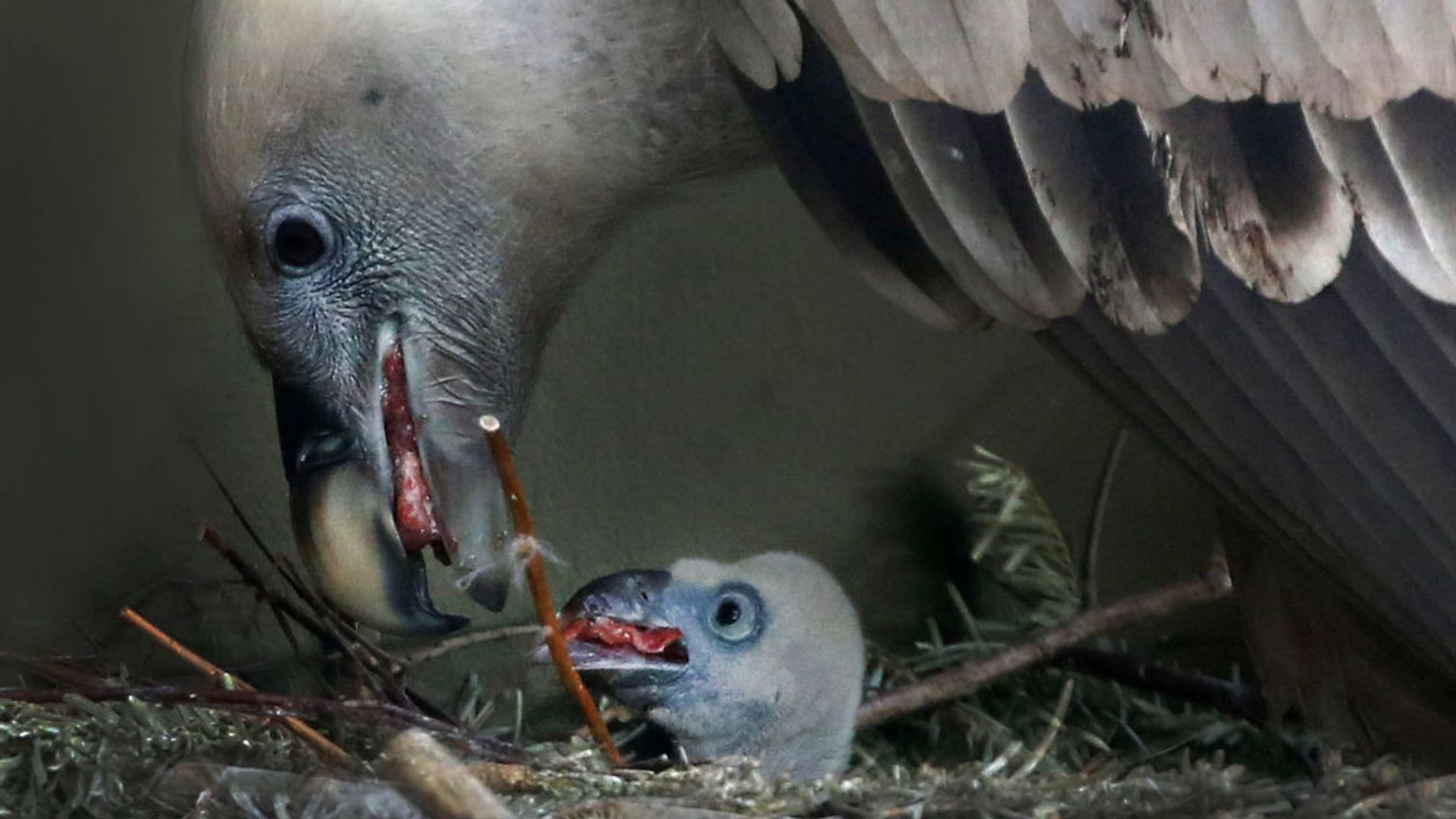
One of the vultures feeds its adopted chick. © Ronald van Weeren, ARTIS
Even birds of prey get in on the action. At ARTIS, a male griffon vulture pair — together since 2018 — successfully hatched an egg for the first time in April 2025. The egg, originally laid by another pair but not properly incubated, was transferred to the two males. They took over completely and have been caring for the chick ever since.
Griffon vultures are monogamous and share parenting duties — and these two proved that queer families don’t just survive, they thrive. 🪹❤️
🐠 Clownfish: Gender-Fluid from the Start
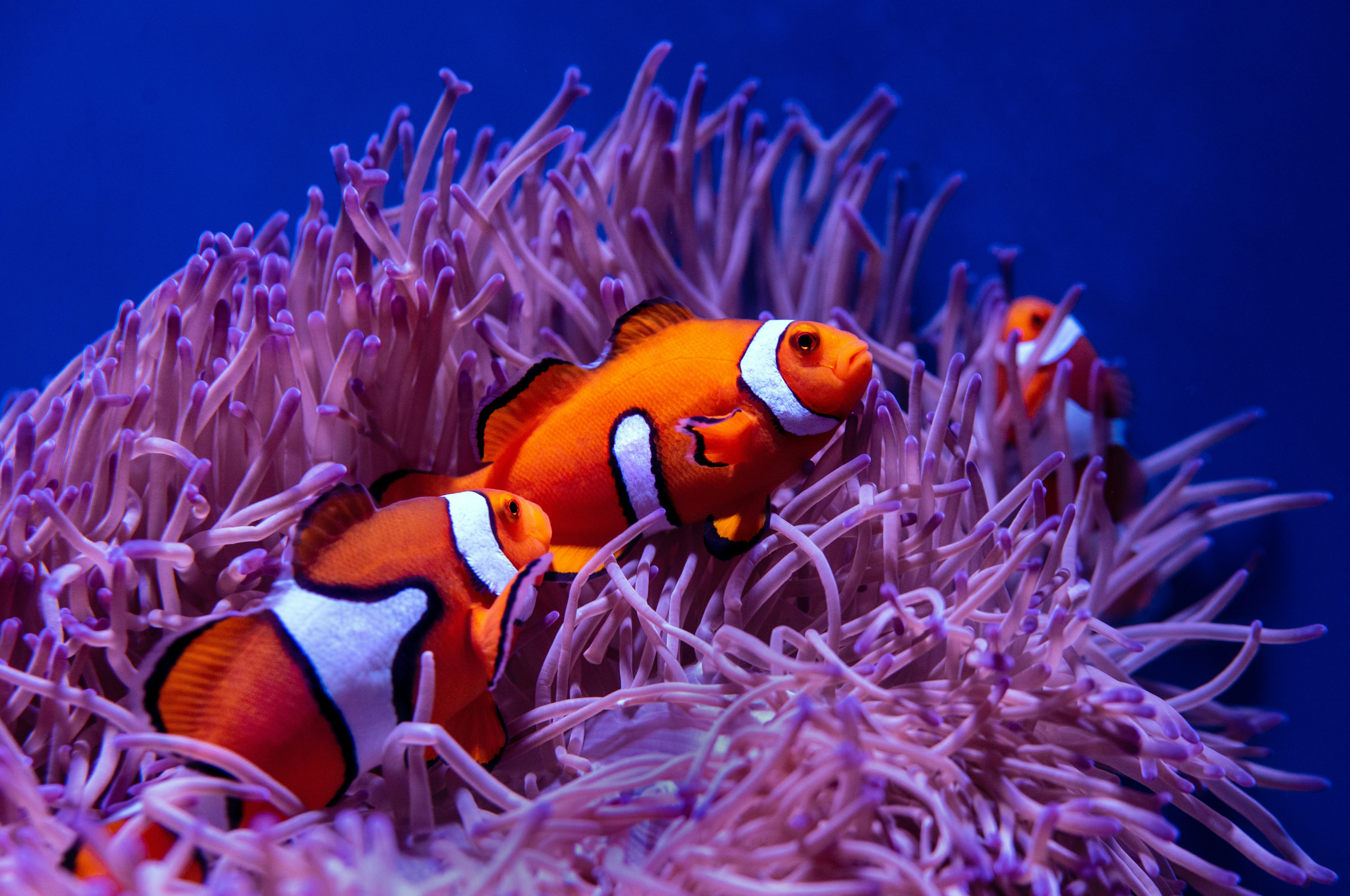
Let’s talk about clownfish, the ocean’s quiet rebels. These little fish all start life as males. In every social group, the dominant fish becomes female. When she dies, the next male in line takes her place, literally, by changing sex.
No debate. No confusion. Just nature doing its thing, flexibly, fabulously, and without judgment
🌈 Diverse by Nature
If you’ve ever been told that being gay is “unnatural,” society should reject, just look at nature. The real world isn’t black and white. It’s colorful, fluid, and full of love in all forms.
No one on our team expected a visit to the zoo to feel so personal, but it did. We saw it ourselves and it reminded us there’s nothing “wrong” with us. We’ve always been part of the natural world.
If you are interested in the topic and want to least more about it, Monike was very kind to recommend the book “Queer Ducks (and Other Animals): The Natural World of Animal Sexuality” by Eliot Schrefer.

